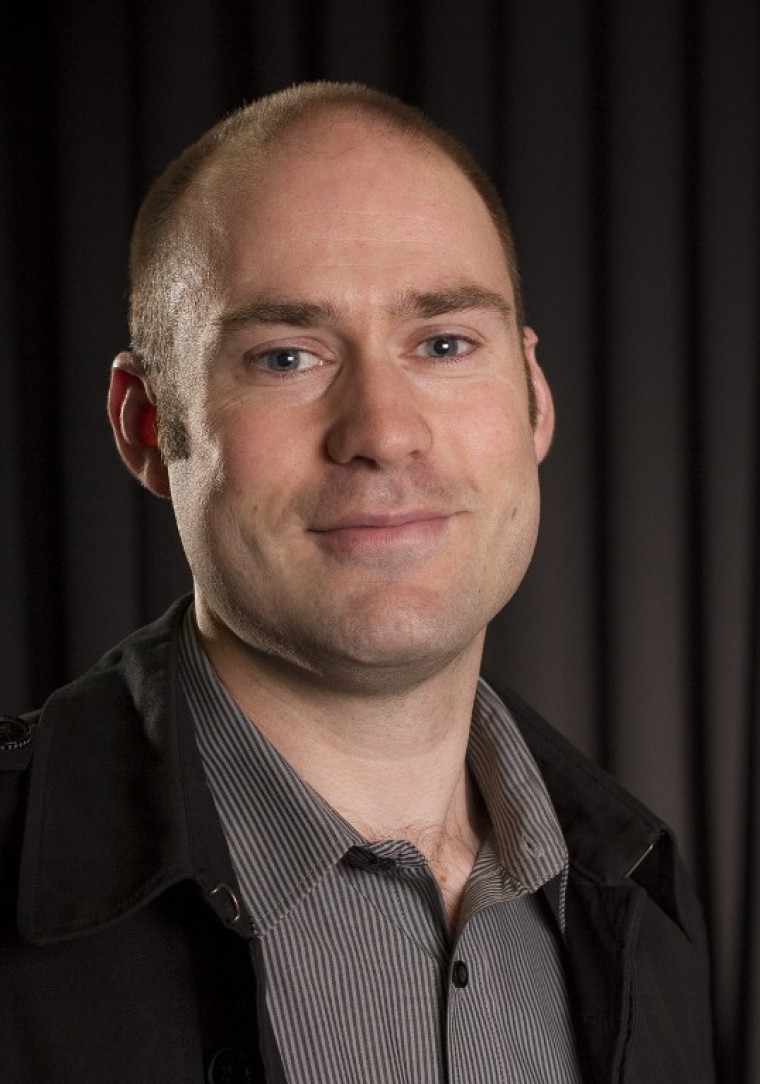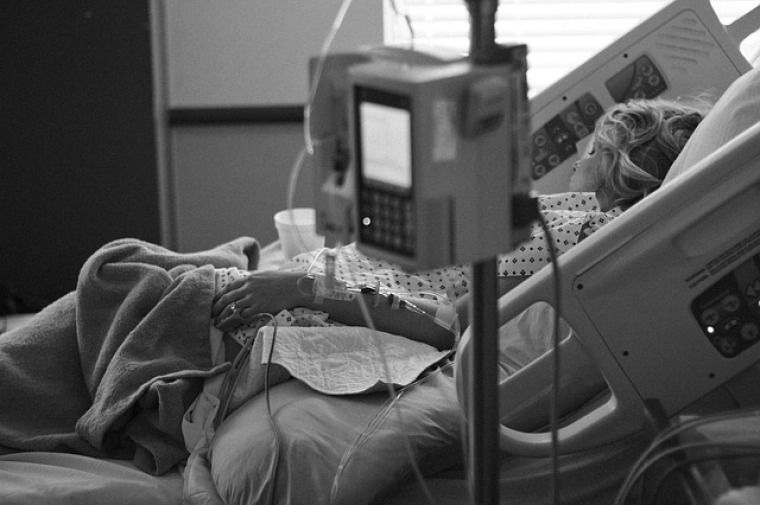

While we may never forgive him for Jar Jar Binks, George Lucas does deserve credit for the inspired choice to cast Sir Alec Guinness as Obi Wan Kenobi. The legendary thespian brought a touch of class to what might have been mere popcorn movies, and in his British tones he delivered a number of eminently quotable lines.
Perhaps, my favourite is when he is talking to Luke about Mos Eisley and says, "you will never find a more wretched hive of scum and villainy."
Of course, as pithy as it is, it leads me to believe that the Internet was not a big part of the Jedi lifestyle. The truth is, you can find greater levels of depravity online than even in the darkest corners of Tatooine. And, even midst the wild world of the web, some places stand proudly above the rest. One such place is Reddit, a sinkhole of click-bait and misogyny. I thought I couldn't be shocked by any link from there that someone posted, but today I discovered I was wrong.
Dump his a...theism already
Rather than repost the whole thing here, I'll just give you the short version. A young woman wrote into an advice column asking for an opinion on what she should do about her boyfriend. She (an agnostic) had discovered that he (an atheist) would go into her dying mother's (a devout Christian) room and turn off her Christian music, or tell her that Heaven wasn't real. I was genuinely lost for words that someone would so such a thing, and to say that the comments on that post took a dim view of these actions would be an understatement. People of all faiths, or none, were united in condemnation—the sort of harmony we very rarely see!
It takes a special kind of self righteousness to think that showing how clever you are, or tearing down someone else's worldview, is more important than giving comfort to someone in their last days. Upholding what you believe to be true is important, yes, but as many people suggested in the comments—what would it have hurt him to simply fake a smile and play along? It wouldn't have affected the objective truth of his beliefs—they are either right or they are not—but it could have made a tough time even a little easier on everyone involved.
Beams in our eyes
Before any of my fellow believers reading along take this as an opportunity to decry the moral bankruptcy of this particular non believer, or atheists in general, let's be honest with ourselves here. Christians are pretty good at the whole having their say over the feelings of others, or making being right more important than being kind. It's rather ironic considering that the founder of our religion, the one that we worship, spent a fair chunk of his time castigating the religious leaders of his day for doing exactly that.
Just as the Pharisees would rather see someone left unhealed because it violated one of their rules, we don't have to look too far for examples closer to home—perhaps only as far as the mirror. I am ashamed to admit that for a long time I wouldn't support the good work of the Royal Children's Hospital Good Friday Appeal because I considered it disrespectful that they would play that naive hymn to secular humanism, "Imagine", every year on the holiest day of the Christian calendar. I know Christian parents who no longer speak to their children because they have left the church or lead lifestyles that they don't approve of. I've seen people cut out of church life because they didn't fit the mould, or hadn't gotten their lives perfect yet.
Humanity's inhumanity to humanity
But, before you start feeling too bad, this is definitely not limited to matters of faith—or the lack thereof—it's something that is written into our DNA. As soon you get a few people together, they start coming up with rules and regulations about how to live together and make this thing we call life a bit easier. Most of the time they really do come from a place of wanting to make the world, and themselves, better but, soon, those rules become more important that the thing they were put in place to preserve.
If, like me, you believe that your philosophy or faith is an objective truth then how it makes you, or any other follower, act doesn't prove anything—it either is true or it isn't. I can hold up examples of awful behaviour from followers of every creed and faith and ideology—and show you people who have followed the most misguided beliefs to acts of shining virtue.
By their fruits...
But, if you believe that that path you have chosen to follow is more than some abstract truth, that is meant to make the world around you a better place, while guiding you in how you live your life and treat those around you—with the idea of helping you become the person you were meant to be—then your behaviour suddenly takes on a whole new level of importance. This is exponentially truer when you believe your position is the Truth with a capital "T", the best way—or the only way.
So, if we find that our guiding philosophy makes us a worse person, or that it makes the world around us a crueler place, then we are faced with one of two possibilities, both almost as unpalatable as each other. Either we have put our faith in a message that does not actually do what we claim it does, or we have misinterpreted the actions and words it calls us too. As tough as it was (and is) to face, I know for me it was better to take a look at my actions and try and change them, than it was to blame the very foundations of my belief system.
Only Kindness Matters?
Regardless of what the Jewel song says, to me it is Love that is the heart of the Christian message. We are told that God is Love, that Love is greatest of all the virtues, and Jesus took all the Commandments of the Old Testament and refined and purified them down to the essence of Love at their core. So, I have to believe that any set of rules for Christian behaviour that limit Love, that lessens its impact in this fallen world, must be a faulty interpretation. It's either that, or the Gospel itself is at fault—and that I will not believe.
This does not mean compromising in what we believe, or bending on what we see as right and wrong. It means it expressing our beliefs in a way that does not make an unkind world unkinder, and showing to others the same grace that was shown to us—accepting them as they are, not as we think they should be.

Every one of us, Christian or non Christian, should ask ourselves whether what we believe to be true has made things better, whether that is the world around us or the way we treat the people living in it. And if it hasn't, maybe it's time to ask what is wrong with this picture—our beliefs, or the way we live up to them?
David Goodwin is the former Editor of The Salvation Army's magazine, On Fire. He is a freelance writer, and an unapologetic geek.
David Goodwin's archive of articles may be viewed at http://www.pressserviceinternational.org/david-goodwin.html